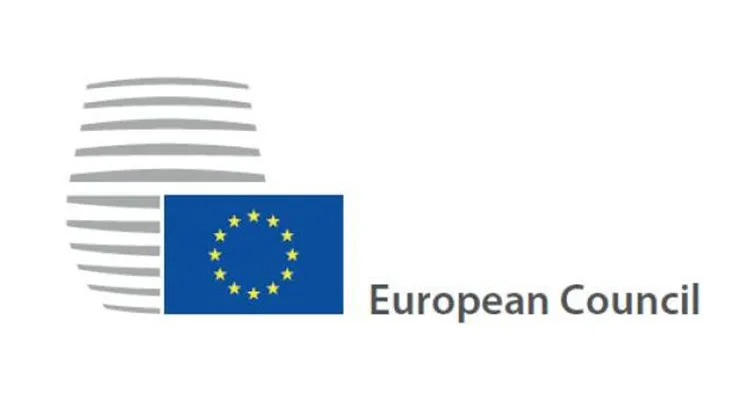In a groundbreaking move to combat climate change and promote sustainable transportation, the European Council has officially adopted the Alternative Fuel Infrastructure Regulation (AFIR). The new law aims to accelerate the deployment of recharging and refuelling stations for alternative fuels across Europe, paving the way for a greener and more environmentally friendly transport sector.
The need for cleaner and more sustainable transportation options has become increasingly urgent in recent years, with the transportation sector being one of the largest contributors to greenhouse gas emissions. The AFIR is a significant step towards meeting the European Union’s ambitious climate goals, which strive to achieve carbon neutrality by 2050.
Under the newly adopted regulation, member states are required to establish a comprehensive network of recharging and refuelling infrastructure for alternative fuels. This includes electric vehicle (EV) charging stations, hydrogen refuelling stations, compressed natural gas (CNG) refuelling stations, and liquefied natural gas (LNG) stations. The plan is to create a seamless and interconnected network that spans the entire continent, ensuring that drivers of electric cars, hydrogen-powered vehicles, and other alternative fuel vehicles can easily access the necessary infrastructure for longer journeys.
To support the implementation of AFIR, the European Council has allocated a substantial budget from the EU’s Green Deal funding program. This funding will be distributed among member states based on their individual targets and plans for expanding the alternative fuel infrastructure. The EU aims to invest in both urban and rural areas to promote equitable access to clean energy transportation options for all citizens.
The AFIR also encourages private sector investments in the alternative fuel infrastructure. Incentives and subsidies will be provided to companies and entrepreneurs willing to contribute to the expansion of the network. This approach is expected to stimulate innovation and competition in the market, driving down the overall costs of alternative fuel infrastructure development.
One of the main challenges in transitioning to alternative fuels has been the lack of widespread infrastructure, often referred to as “range anxiety” among EV users. With the implementation of AFIR, range anxiety is expected to diminish significantly, boosting consumer confidence in adopting clean energy vehicles. This, in turn, is anticipated to accelerate the market penetration of electric cars and other alternative fuel vehicles.
In addition to curbing emissions from the transport sector, the AFIR also promises a plethora of socio-economic benefits. The increased demand for alternative fuel infrastructure will lead to the creation of thousands of new jobs in construction, maintenance, and operation of recharging and refuelling stations. Furthermore, local economies will receive a boost as people spend more time and money in and around these stations, fostering growth in nearby businesses and communities.
The European Council’s adoption of AFIR has been met with widespread praise from environmental organizations and clean energy advocates. Greenpeace, WWF, and other NGOs have lauded the move as a crucial step towards a more sustainable and ecologically responsible future. They emphasize that the successful implementation of AFIR will not only contribute to combating climate change but also reduce air pollution, improve public health, and protect the continent’s natural resources.
While the regulation sets ambitious targets for the expansion of alternative fuel infrastructure, member states will have some flexibility in designing their implementation plans. They will be required to present their proposals to the European Commission for approval and will be held accountable for their progress towards achieving the targets set by AFIR.
As the AFIR takes effect, Europe stands at the forefront of a global effort to revolutionize transportation and reduce the harmful impact of traditional fossil fuels on the environment. With the commitment of governments, businesses, and citizens, the continent moves closer to achieving a cleaner, greener, and more sustainable future for generations to come.
